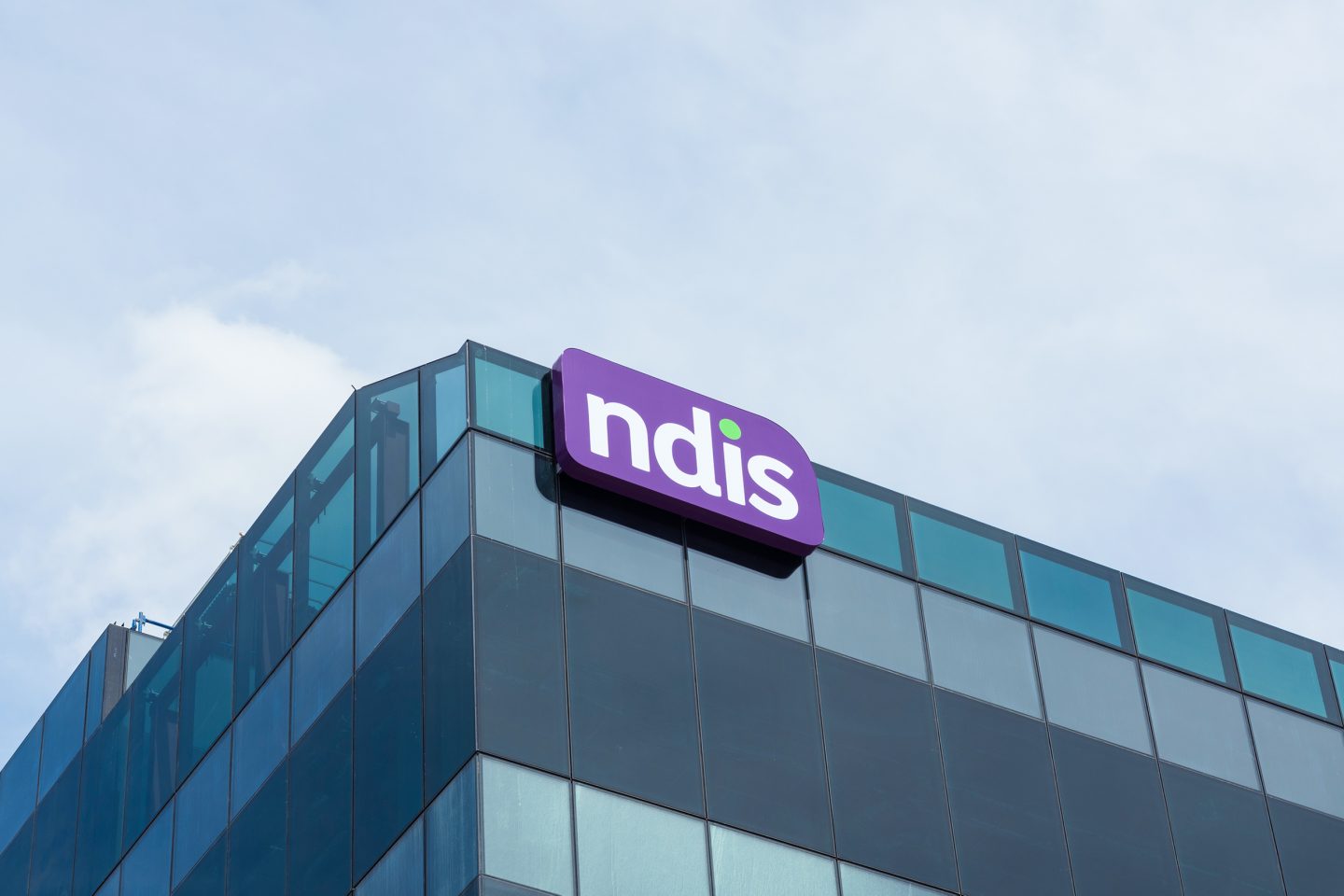The mental health reform needing reform

For those people living with psychosocial disability, severe or acute mental illness, the NDIS has meant a reduction in available services at the local level.
“I have no idea what NDIS does even though my worker has tried to explain it to me. I don’t get it.”
This is just one of the responses to the client survey conducted by the NDIS Transition Project from the Mental Health Coalition of South Australia (MHCSA). It was set up to understand the experiences of people transitioning from state-based mental health programs to the National Disability Insurance Scheme (NDIS).
In mid 2013, when the foundations for the NDIS were laid with the rollout of trial programs around the country, there was a missing piece to the scheme : the inclusion of people living with a psychosocial disability. A psychosocial disability covers those living with severe or acute mental illness. The mental health sector lobbied for inclusion and was successful. However, they were adamant the NDIS was not to replace the existing mental health system but complement it.
To pay for the inclusion of psychosocial disability in the NDIS, the federal government needed to strike a deal with state governments and reassign money from Commonwealth mental health programs to the NDIS. From 2018 money began leaving South Australian programs for the NDIS under the assumption that, of the 7000 South Australians supported by NGO mental health programs, 25 per cent would be eligible for NDIS.
When the uptake was slower than expected, the South Australian Minister for Health and Wellbeing, Stephen Wade, set up the NDIS Transition Taskforce, headed by the state’s chief psychiatrist, Dr John Brayley, with the research of the NDIS Transition Project being key.
“One of the biggest problems associated with this change is that before the NDIS there was an extremely high level of unmet demand for psychosocial support across Australia,” says Geoff Harris, executive director of MHCSA.
“Remaining funding in Commonwealth mental health programs is now a fraction of what it was before NDIS, and waiting lists for remnant programs are large and growing.
“These Commonwealth programs had unique and highly valued features that are no longer available. People who are not in the NDIS now [have] far fewer options for psychosocial support than previously.”
In January 2018 the Report on Government Services (RoGS) revealed funding for South Australian NGO community programs as a percentage of total mental health spend had dropped below the national average for the first time in over 10 years. With this came increasing demand for mental health support in our hospital emergency departments and reports of high levels of unmet demand.

The Transition Project took into account the experiences of people living with mental illness (including those with guardianship orders) carers, and the NGO sector, SA Health and the NDIS. Project officer Mark Doyle led the research with a ‘lived experience’ peer worker.
“People have just found the whole process of applying for the NDIS very bureaucratic and difficult to engage in,” says Doyle. “We found the clients of state psychosocial programs really needed advocacy support in order to test their eligibility. They needed advocacy […] to engage in the planning process. And they required support for the implementation of plans.
“We found that where carers were involved, where state psychosocial providers were involved in the planning process with the client, there was going to be a greater likelihood of a successful outcome.”
The NDIS is a very structured scheme that appears to have not adapted enough for people living with severe mental illness. The systems was found to be overwhelming and bureaucratic, which is difficult to work with, particularly when a person’s psychosocial disability is episodic.
“For clients where situations change rapidly and they need extra support, that just cannot happen in a timely fashion,” says Doyle.
“If an NDIS provider comes to a person’s house to provide a service and the client says that they don’t want to see them today, well, then that gets billed and the person doesn’t get seen until the next scheduled appointment. Whereas with the state models they’re individualised and flexible so that if a client doesn’t want to see you in a particular afternoon, you might come back the next morning and see them.”
The Project also found that once plans were in place, their implementation faced a bottleneck, leaving the NDIS with its own unmet demand.
“(The NDIS Transition) Report comes at a good time,” says Harris. “From my perspective, we need to revisit issues regarding the levels of unmet need for psychosocial rehabilitation outside of the NDIS, particularly for people more severely impacted by mental illness.”